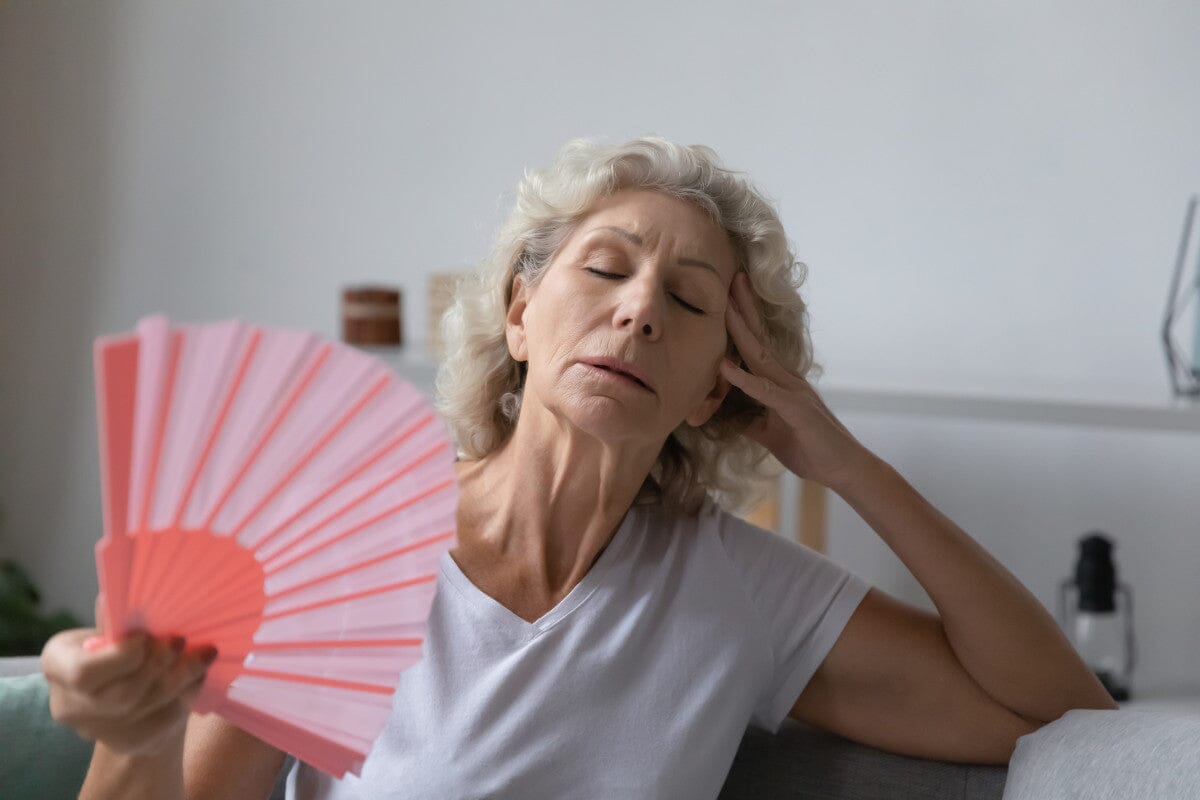Your Cart is Empty
FREE SHIPPING OVER $45 & RETURNLESS REFUNDS

Hey there, Fibro Fighters! Today, let's talk about something that might sound a bit "weathered" but is actually quite important: humidity. 🌧️
If you've danced with fibromyalgia for a while, you know that weather changes can sometimes feel like stepping onto a roller coaster blindfolded. And when it comes to humidity, it's no exception. So, let's unpack this a bit, shall we?
Humidity, that sticky, muggy friend, can wreak havoc on our fibro-ridden bodies. When the air is heavy with moisture, it can lead to increased pain, stiffness, and fatigue for many folks battling fibromyalgia.
Why?
Well, it's not entirely clear-cut, but some theories suggest that changes in barometric pressure and temperature fluctuations associated with humidity can trigger inflammatory responses and exacerbate fibro symptoms. In simpler terms, it's like adding fuel to the fire for our already sensitive nervous systems.
❄️ Stay Cool: Beat the heat by staying indoors in air-conditioned spaces during peak humidity hours. If you need to go out, consider using cooling towels or portable fans to keep yourself comfortable.
💧 Hydrate, Hydrate, Hydrate: Drink plenty of water to stay hydrated and help regulate your body temperature. Avoid caffeine and alcohol, as they can contribute to dehydration.
👕 Dress Smart: Opt for lightweight, breathable fabrics like cotton and linen that allow your skin to breathe. Loose-fitting clothing can also help minimize discomfort caused by humidity.
🛏️ Pace Yourself: Listen to your body and pace yourself on humid days. Don't push through the pain; give yourself permission to rest when needed.
🏊♂️ Gentle Movement: Engage in gentle stretches or low-impact exercises like swimming to keep your muscles limber without putting too much strain on your body.
🏡 Mind Your Environment: Consider using a dehumidifier in your home to control indoor humidity levels. Creating a comfortable environment can help alleviate some of the symptoms associated with high humidity.
While humidity can be a common trigger for many fibro warriors, it's essential to remember that everyone's experience is unique. What works for one person may not work for another, so it's crucial to listen to your body and find coping strategies that work best for you.
Brandon